Child development: The first steps
Because infants born into families with autism are more likely to develop the condition, studying them might lead to ways to diagnose people in the general population earlier.
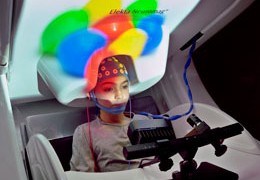
Because infants born into families with autism are more likely to develop the condition, studying them might lead to ways to diagnose people in the general population earlier.
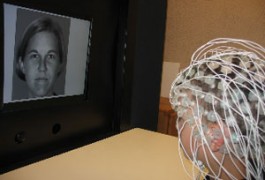
Early intensive therapy may normalize the brain’s response to faces in young children with autism, according to a study published in the November issue of the Journal of the American Academy of Child and Adolescent Psychiatry. The results are part of a randomized, controlled trial of a treatment called the Early Start Denver Model.
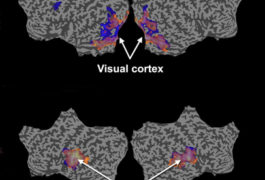
Sensory responses in the brain of an individual with autism vary much more than in someone without the disorder, according to a study published 20 September in Neuron. This may explain why some people with autism are extremely sensitive to lights and sounds.
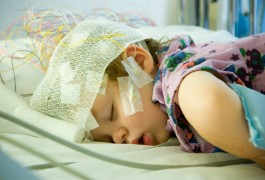
Individuals with either of two rare forms of epilepsy have duplications or deletions that encompass genes implicated in autism and language impairment, according to a study published 27 June in Epilepsia.
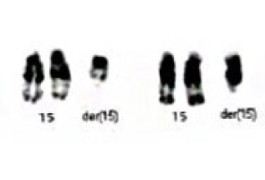
Researchers are beginning to tease apart how dosage of genes within the 15q11-13 chromosomal region contributes to autism symptoms.
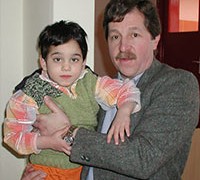
Charles Nelson, who famously showed that social deprivation damages the developing brain, is analyzing brain waves in babies to study how different genetic risk factors might lead to autism.
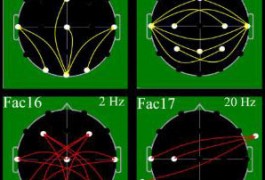
Two new studies of the brain’s electrical activity bring the autism field one step closer to a physiological measure that can detect the disorder and predict who will go on to develop it.
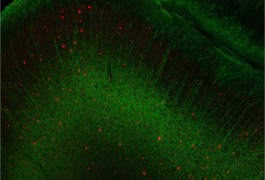
Understanding the function of neuronal circuits, specifically microcircuits in the prefrontal cortex and elsewhere in the brain, will play a major role in translating research findings into new autism treatments, says Vikaas Sohal.
The reward center of the brain is less active in children with autism compared with controls in response both to praise and monetary rewards, according to a study published 11 April in Social Cognitive and Affective Neuroscience.

Childhood disintegrative disorder represents a distinct entity within the autism spectrum and it should remain a separate diagnostic category, says Kevin Pelphrey.